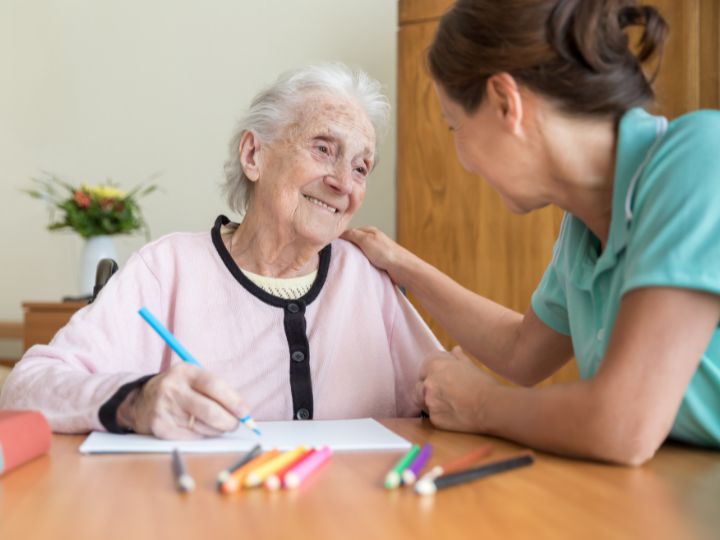Life’s unexpected turns—whether through injury, illness, or the natural aging process—can sometimes feel like they’ve stolen away the activities and pursuits that once brought us joy. The painter who can no longer grip a brush with the same precision, the musician whose fine motor skills have changed, or the gardener whose mobility has been affected may feel disconnected from their passions. However, adaptive home therapy offers a powerful pathway to not only regain function but to rediscover and even reimagine the activities that bring meaning to life.


